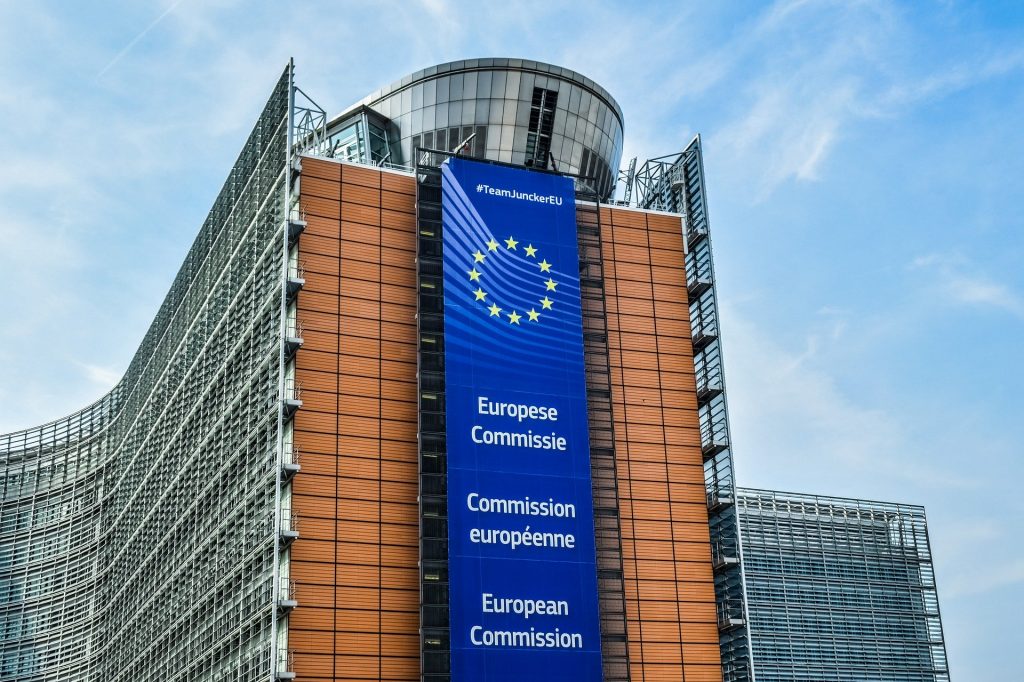By David Coen & Matia Vannoni
In spring 2020, the number of lobbyists working in Brussels, the seat of the European Union, will reach 12,000, with more than half working for private companies. Business is now a constantly presence in the policy process of the European Union (EU). Although we know a lot about companies as political actors in the EU, less is known about what daily management practices a company puts in place in order to be a political actor (e.g. who the company hires as government affairs managers and which competences it delegates). Our paper opens up the “black box” of the government affairs practices conducted by companies in Brussels and draws a comparison between the practices there and those in Washington D.C. We find that, although companies in both sites use similar resources, the daily management practices vary a lot. This is very important for getting a better understanding of how the company acts in different political context.
In the USA, such daily business-government practices resemble “revolving doors”. This phrase is often used in the media to describe how the public and the private sectors are inexorably linked to one another, leaving little space for the public or civil society. The idea is that the same individuals who are in the government, sooner or later, are going to work for the private sector, or the other way round, leading to different forms of crony capitalism. This holds particularly true in the US, where the exchange of personnel between the public and the private sector is large. In fact, almost a quarter of the legislators become lobbyists after leaving Congress.
Contrastingly, the practices are different in Brussels. This is not to say that those with a term-limited job, such as Members of the European Parliament and their staff and Commissioners, do not often land well-paid jobs in consulting companies etc, but the dynamics between business government affairs offices and government officials are different.

In our paper, we argue that, in Brussels, companies organize government affairs in different ways than they do in Washington, due to different organizational incentives. Specifically, Brussels business government affairs departments are less likely to hire lobbyists with political contacts in the public sector, but rather prioritize technical expertise. The reasons are that the bureaucrats at the European Commission remain in post for long periods, building long-run relationships with business lobbyists, and work primarily on regulatory policy issues that require high levels of specialist information. Moreover, at the political level, campaign contributions matter very little at the European Parliament. As such, the currency of influence in Brussels is less about money and political contacts and more about the exchange of timely and reliable information. Only government affairs managers, who know the industry and the company intimately, can provide the kind of specialist information requested by policymakers. Hence, in Brussels, we see what we call ‘sliding doors’, namely a neat separation of careers between the public and private sector, with lobbyists coming from the ranks of the company and progressing through it for most of their career.
Our paper adds to our understanding of the EU policy-making process and EU lobbying in particular. It also draws attention to how different political systems create different incentives for companies to take strategic political management decisions, such as who to hire as lobbyists. We very much hope that this paper will open up the debate on business and government and steer the discussion towards a comparative approach.
Reference:
Coen, D., & Vannoni, M. 2020. The Strategic Management of Government Affairs in Brussels. Business & Society, 59(4). https://journals.sagepub.com/doi/full/10.1177/0007650318755083
